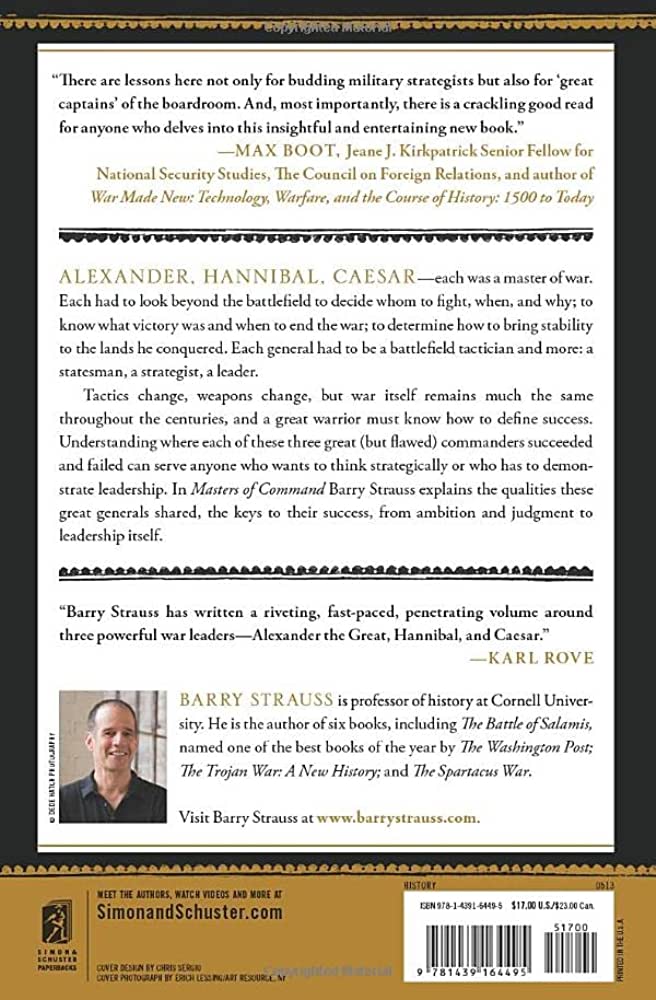Napoleon Bonaparte and Julius Caesar were notable military leaders in history. They both utilized unique tactics in their conquests, but Caesar was known for deception while Napoleon was known for fast-moving infantry and artillery. While both were charismatic leaders, Napoleon was more authoritarian and made all major military decisions himself, while Caesar was more democratic and valued the opinions of his subordinates. Their historical impact was also significant, with Napoleon modernizing the French military and establishing the French Empire, and Caesar instrumental in the development of the Roman Empire and calendar. Both are remembered as great military minds with lasting legacies.
Napoleon vs. Julius Caesar: A Comparative Analysis of Two Military Masters
Introduction
Napoleon Bonaparte and Julius Caesar are two of the most well-known military leaders in history. Both were known for their strategic planning, tactical genius, and conquests of new territories. However, while they may have many similarities, there are also key differences between the two. This article will provide a comparative analysis of Napoleon and Julius Caesar’s military tactics, leadership styles, and historical impact.
Military Tactics
Napoleon and Caesar both employed unique and innovative military tactics. Napoleon was particularly known for his use of fast-moving infantry and artillery, which allowed his army to move quickly and efficiently on the battlefield. He also utilized a formation known as the “Grand Battery,” in which multiple artillery pieces were gathered and used to bombard enemy positions.
Julius Caesar, on the other hand, was known for his use of deception and manipulation on the battlefield. He was a master of diversion tactics and would often use decoys to distract his enemies while his main force attacked from another angle. Caesar was also skilled in siege warfare and was able to conquer many heavily fortified cities during his campaigns.
Leadership Styles
Napoleon and Caesar were both charismatic leaders who inspired their troops with their bravery and determination. However, their leadership styles differed greatly. Napoleon was known for his authoritarian rule and micromanagement of his army. He would often make all major military decisions himself and was notorious for his short temper and demanding nature.
Julius Caesar, on the other hand, was a more democratic leader who valued the opinions of his subordinates. He would often hold council meetings with his officers to discuss strategy and make joint decisions. Caesar was also known for his ability to win over the hearts and minds of the people he conquered, often offering them generous terms of surrender in exchange for their loyalty.
Historical Impact
Napoleon and Caesar both had a profound impact on the course of history. Napoleon is credited with modernizing the French military and introducing new reforms in government and law. He also conquered vast territories and established the French Empire, which lasted for over a decade.
Julius Caesar, on the other hand, was instrumental in the transition from the Roman Republic to the Roman Empire. He expanded the Roman Empire to its greatest extent, conquering Gaul (modern-day France) and parts of Britain. Caesar was also a key figure in the development of the Roman calendar and his writings, particularly his Commentaries on the Gallic War, served as a model for future historians.
Conclusion
While there are many similarities between Napoleon and Julius Caesar, they were also very different in their military tactics, leadership styles, and historical impact. Napoleon was a master of artillery and infantry, and his authoritarian rule left a lasting impression on France and Europe. Caesar, on the other hand, was a skilled manipulator and diplomat, whose democratic leadership style won him the loyalty of his subordinates and the people he conquered. Both men are remembered as great military minds and their legacies continue to influence the course of history to this day.
